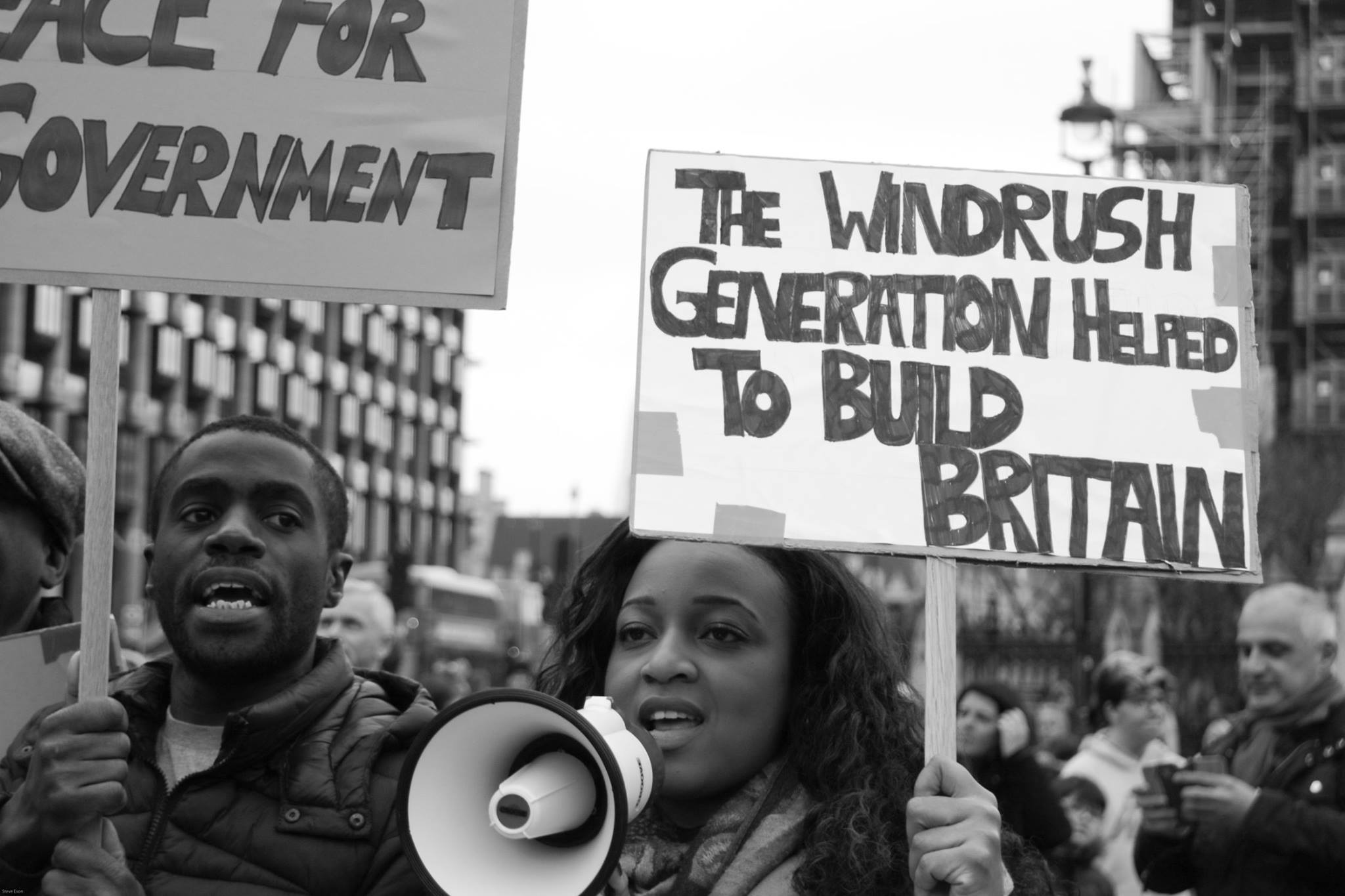The Personal is Political
On Sunday, May 5th, Sara-Louise Burke came to speak at St Peter De Beauvoir.
Sara-Louise has kindly allowed us to publish her sermon online.
Good morning. Thank you to Julia for inviting me here to speak.
I know that two weeks ago another sermon was delivered here detailing how the Windrush scandal came into being. There has also been a lot of coverage of it in the news. So I won’t give another speech on its history. Instead, I will start off by telling you where we are now.
Despite numerous promises, platitudes and assurances from various government officials, scores of West Indians are in limbo, either stranded in the West Indies or stranded in their own homes, with no jobs, no access to welfare or to their hard-earned pensions. The physical and mental toll that this long-running uncertainty has had on them is immeasurable, to say the least.
Hearing this on the news and reading about it in the papers was upsetting and left me incredulous.
My mother came here during the Windrush era, as did my Aunty Vivette, both of whom are members of this congregation at St Peter’s. I have heard numerous stories throughout my life about the struggles West Indians faced when they arrived here. So for me, hearing about this scandal simply added insult to many decades of injury.
I felt compelled to act. I organised a protest march from Parliament Square to the Home Office that took place on April 28th. I had never organised anything like that before, and I honestly didn’t expect it to be successful. But thankfully, for the sake of the cause, it was. The march received coverage on both Sky and ITV News and it has helped to keep the issue in the public consciousness. It also helped to show the real strength of feeling and the true impact that this situation has had on individuals, as people who are affected by it now also attended. I was fortunate enough to speak to them and hear their stories.
I have two main reasons for explaining all of this. They are where I want the crux of this sermon to lie, and to be the two messages that you take from this.
It is very difficult to discuss the plight of the Windrush generation without touching on politics. We cannot escape the fact that this situation emerged largely as a consequence of political decision-making. But I am not here to discuss differing political views or leanings. My point is a much wider one. My point is that, contrary to popular belief nowadays, politics is not some abstract concept to be debated on Facebook and Twitter, or on TV panel shows. Nor is it something to be avoided altogether. I have heard people (including friends of mine), say that they don’t “do politics.”
On the contrary, the Windrush scandal should teach us that politics has a human face. That political decisions have real-life impacts on people, not abstract ones. The political is personal, and the personal is political.
This leads me to my second message. As a Jamaican, as a descendant of the Windrush generation and, most importantly, as a human being – I was hurt and angered by what has happened, as I know many of you are. As an individual I was concerned that my actions wouldn’t have much of an impact, because this problem seemed so much bigger than me. But I was wrong – and happily so.
And so I want to end on this message of hope. As individuals and as a community, we do have the ability to make an impact. The political and the social are irrevocably intertwined and we ought not to be afraid or to shy away from that fact. The struggle is not over for the Windrush generation, and every little we can do does help.
If you or anyone you know is affected, there are a number of organisations that are helping, including the Joint Council for the Welfare of Immigrants, Praxis, and The Refugee and Migrant Centre. If you or anyone you know has legal expertise, the Black Cultural Archives is running a series of legal advice clinics to help those affected during this month. There is also a GoFundMe campaign, launched by the Joint Council for the Welfare of Immigrants, the Runnymede Trust and the Black Cultural Archives to fund legal assistance and set up a hotline for those needing help in gaining access to legal services.
Whatever you can offer to do is valid. The problem is never too big or untouchable.
Thank you again for having me and for listening.
Sara-Louise Burke






